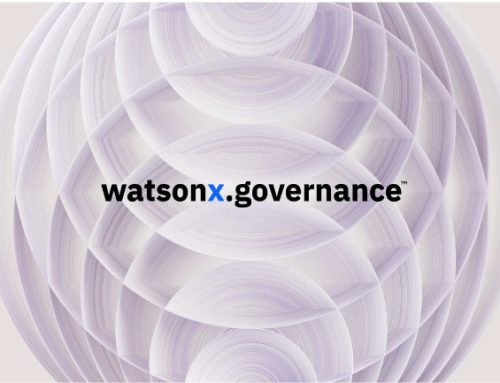
The Compliance Checklist for Cloud- Reliant Global Businesses
Global businesses have, over the years, migrated and become reliant on cloud services, with 48% of companies choosing to store their most important information on the cloud. In addition, the COVID-19 pandemic required companies to shift to remote work, leading businesses to migrate their work processes and systems to cloud technologies. As a result, it is projected that 85% of organizations will embrace a cloud-first principle by 2025.
Cloud services offer global businesses advantages such as;
- Enhanced security to protect business and customer data
- Cost-saving on infrastructure costs
- Operation efficiency improvement
- Flexibility and scalability to adapt and meet changing business demands and needs
When migrating to the cloud, as a business, it’s essential to know what data you will be handling, what laws govern it, how these laws affect your business, and how to navigate them. In addition, different laws require businesses to put relevant security measures on how they collect, store and process data.
Cloud compliance means acting in accordance with the set rules and regulations governing using the cloud that apply to a specific industry. Cloud compliance is essential as adherence helps maintain data privacy and protection laws. On the other side, failure to comply can lead to lawsuits, hefty fines, revoking business licenses, cybersecurity events and reputation/brand damage.
Popular cloud providers such as AWS, Google Cloud, and Microsoft Azure are certified to meet global compliance regulations; however, the responsibility is not only theirs. Businesses have a shared responsibility to ensure compliance and security meet the required industry and international laws.
A compliance checklist for cloud-reliant global businesses should include the following:
Knowledge of compliance regulations and laws
Regarding compliance, the first things businesses need to know are the laws and regulations and what controls and measures are required to meet the standard. These can vary depending on the industry, geographical location and the kind of data a business has.
Some of the important cloud compliance regulations are:
- International Organization for Standardization (ISO) 2700 sets the IT security and compliance standards.
- Health Insurance Portability and Accountability Act (HIPAA) protects sensitive patient health information (PHI) from being disclosed without the patient’s consent or knowledge.
- Payment Card Industry Data Security Standard (PCI DSS) security standard is set to enable companies to safeguard cardholder information.
- Sarbanes–Oxley Act (SOX) mandates financial record keeping & reporting and implementing and maintaining a company’s internal controls, including IT systems handling financial data.
Other laws include; GDPR for the EU, FedRAMP, NIST, GLBA and more.
SLA with Cloud Service Providers
Businesses are subject to different laws and regulations surrounding data protection and customer privacy depending on the industry and geographical location. Therefore, it is essential to choose a cloud service provider that aligns with the business’ needs and is certified to meet the industry compliance regulations.
Working with a third-party entity means businesses are responsible for managing their assets (IT infrastructure) and choosing services to integrate into their IT environment to comply with industry-specific requirements and protect their data.
Service Level Agreements are essential to hold each party accountable for their roles and responsibilities and outline how the cloud service provider will handle data.
Data storage, management and access
Cloud storage is one of the services that the technology offers. Businesses store important data and information in the cloud, which is why it should be handled appropriately. Compliance with data management entails;
- Data security by defining who has access and what data and systems they have access to, including third-party providers.
- Data distinction by deciding which data gets stored on the cloud and which doesn’t. Documenting this distinction and the reason will help users store the information correctly.
- Data encryption by adding multiple layers of security to protect the data.
- Data storage on a cloud environment (private / public / hybrid / multi-cloud)
Audits
Businesses need to carry out routine audits to ensure cloud compliance. They can do this by keeping up to date with changes in the regulations and rectifying weaknesses within their IT structure and organizational practices to ensure they are all in alignment with compliance regulations. Audits help businesses maintain compliance posture.
By taking responsibility for compliance, companies can ensure that their data is secured and that they meet the required regulations.
Ready to take charge of your compliance?
Let the experts at ASB Resources walk with you every step of the way in putting together a checklist to meet your compliance requirements. Schedule a call with one of our experts today!








